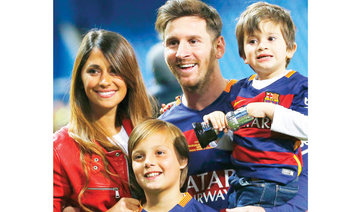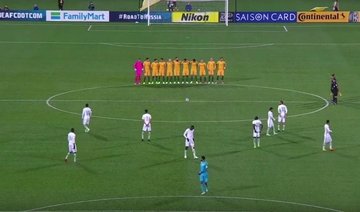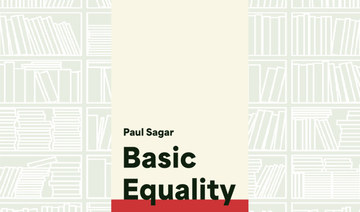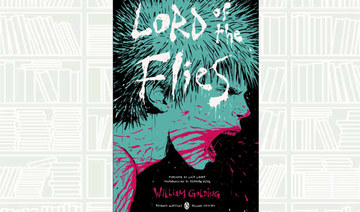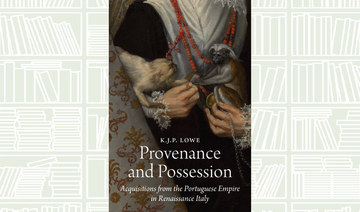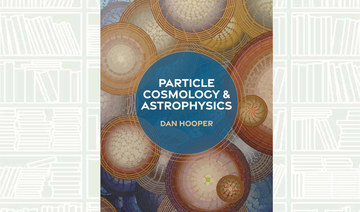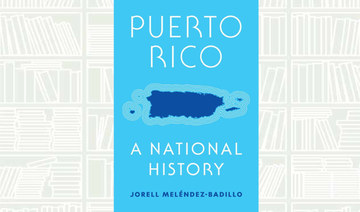Carlo Ancelotti is considered one of the most successful football managers of all time. He won the UEFA Champion’s League a record five times, twice as a player and three times as a manager. He has coached some of Europe’s top clubs, including Juventus, AC Milan, Paris Saint-Germain, Real Madrid and Chelsea and is now in charge of one of the strongest German teams, Bayern Munich. In “Quiet Leadership: Winning Hearts, Minds and Matches,” Ancelotti reveals how to handle superstar players, difficult club presidents and demanding media outlets.
Chris Brady, a professor of management studies, and Mike Forde, a former director of football operations and executive board member at Chelsea FC, interviewed Ancelotti around the world for more than fifty hours. The co-authors have also included interviews with those who have played for him such as Cristiano Ronaldo, David Beckham and Zlatan Ibrahimović.
“The ‘quiet way’ has been with me from my childhood with my father and in football ever since I became captain of Roma as a player, continuing when I joined Milan, where the players looked to me as one of the leaders in the dressing room, and then throughout my time managing not only that club but also teams including Chelsea, Paris Saint-Germain and Real Madrid,” Ancelotti says in the book.
He has been nicknamed the “diva whisperer” because of his unique ability to nurture deep relationships with his players and has been described as the ultimate diplomat because of the way he handles authoritarian club presidents such as Silvio Berlusconi at AC Milan and Roman Abramovich at Chelsea FC.
“The average tenure of a FTSE 100 CEO is 5.18 years; for English Premier League managers it’s just 2.36 years (if Arsene Wenger is excluded from that equation, the average drops to 1.7 years) ,” writes Chris Brady. During the 2014-2015 season of the English professional leagues, 47 managers lost their jobs. The lifespan of a football coach is compressed into a single season and it is related to the results of that season. Ancelotti describes this process as the leadership arc.
“First comes the courtship, when the club identifies you and tries to acquire your services. Then comes the honeymoon period, when everyone — the players, the staff, the fans — give you the time to establish yourself, but which unfortunately, as always in life, never lasts long. Next comes success and stability, should you be able to achieve it… Eventually, this stability plateaus and then the… cracks in the relationship… Finally comes the breakup, the inevitable parting of ways.”
Pep Guardiola and Hungarian coach Bela Guttmann have said that three years is the natural cycle for managers and Ancelotti agrees. However, some managers, like Sir Alex Ferguson at Manchester United and Arsene Wenger at Arsenal, have stayed much longer.
Carlo Ancelotti spent the longest period of his career as a coach with AC Milan. When he arrived at the club in November 2001, he faced problems with the composition of the team. The transfer of Alessandro Nesta, the 27-year-old who was in his prime, was going to cost 30 million euros ($35 million) but Ancelotti was convinced that his presence on the team was a necessity. He decided to speak directly to Berlusconi and told him: “President, everyone wants to win the Champions League, but if you don’t buy Nesta, we won’t win it. Give me Nesta, and I will give you the Champion’s League.” Berlusconi bought Nesta and AC Milan won the UEFA Champion’s League in 2002-2003 and did so again in 2006-2007.
The AC Milan team had fantastic players like Kaká, Rui Costa, Andrea Pirlo, Gennaro Gattuso, Filippo Inzaghi and Rivaldo but players did not always get to play.
When Rivaldo was asked to go on the bench, he reportedly said “no, no, Rivaldo doesn’t go on the bench,” got up and went home. After the club and his agent spoke with him, he came back and stayed on the bench during a small game. This is when Ancelotti decided to speak to Rivaldo, saying: “Listen, it’s for you, not for us. You don’t have to be worried because it can happen today, it can happen in the next game and it can happen to any player. We have a lot of games and it means you can be more fresh when you play in the next match.”
AC Milan went on to win the Champion’s League. The players were united in the belief that they were a great team and understood that there would be times when they would play and times when they would not.
Nurturing relationships
Ancelotti is reputed for his unique ability to build strong relationships with his players. One player, Zlatan Ibrahimović, is particularly grateful. He acknowledged that if he had met Ancelotti before he wrote his memoir, he would have written a whole chapter on him. He played under Ancelotti when he and Thiago Silva joined the Paris Saint-Germain in 2012. Zlatan, with his talent, experience and unique personality, became the star of the team.
“He is one of the most unselfish players I have ever met which is of massive value to the team,” Ancelotti said of Ibrahimović.
Ibrahimović is grateful that Ancelotti helped him mature as a player and as a man.
“At the beginning, I was a lion, on and off the pitch. I would throw things when we were losing. Paris Saint-Germain was too relaxed for me but Carlo used this. If the game had gone maybe ten minutes with nothing happening, he would call to me on the pitch… ‘Ibra time to wake up the team’.”
Cristiano Ronaldo trained with Ancelotti when he coached Real Madrid. He played in the Champions League final in 2014 despite being injured a month before the game. Ancelotti told Cristiano: “If you don’t feel good, just let me know. It will be tough on me because even if you are only fifty percent you’re still our most important player.”
Ronaldo decided to take part in the game. He did not play shockingly well but was able to score a penalty.
It was “my seventeenth goal in the Champion’s League that season, a record, and we won the competition. I wasn’t fully fit, but I made the sacrifice for Carlo,” he said in the book.
“Even when you maybe feel that you haven’t got the strength to last the whole 90 minutes, or you feel that you can’t run any more, then you need to do it for the coach. I will do for him, because he deserves it as he has always taken care of me. Most of my teammates feel the same — players admire him and will hurt for him,” Ronaldo added.
Ancelotti wants his star footballers to give their utmost and play with the same passion that fired up his ambitions as a player and as a coach.
“Football is my life, my passion, my hobby and I never really ‘leave’ football. As the Eagles say about ‘Hotel California,’ you might be able to check out, but leaving isn’t an option. Switching off is my checkout time from football, but I’ll never leave,” Ancelotti said in the book.
In this great read, Ancelotti gives rare insight into his unique quiet style of management. He is probably the only top manager who has forged lifelong friendships with the players he has coached. This touching memoir reveals the inside workings of the beautiful game and offers readers a chance to get to know world-famous players.
Book review: Get to know football’s ‘diva whisperer’ Carlo Ancelotti
Book review: Get to know football’s ‘diva whisperer’ Carlo Ancelotti
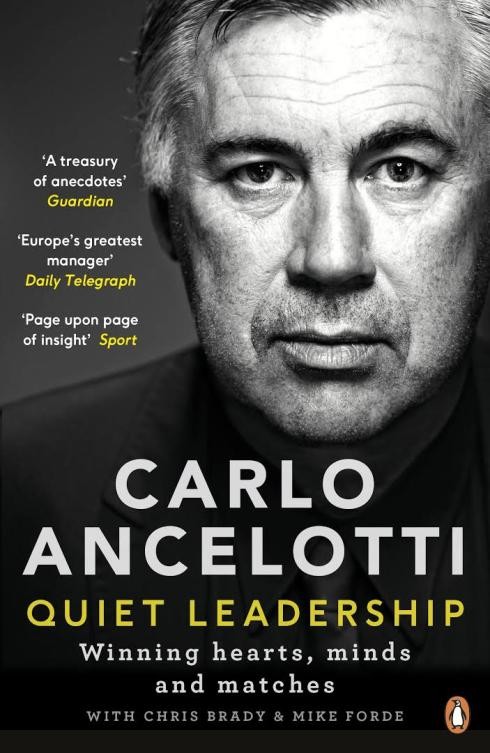
What We Are Reading Today: The Empire of Climate
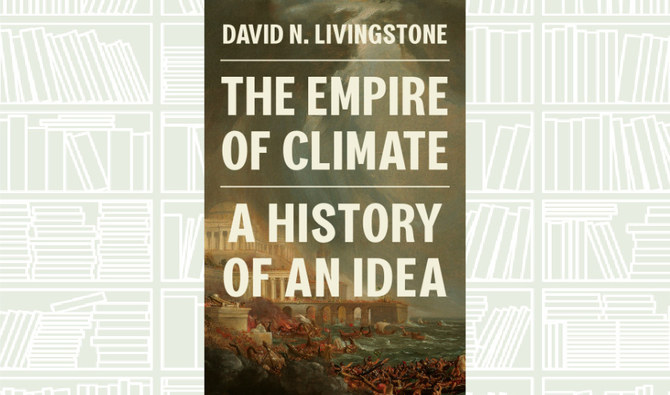
Author: David N. Livingstone
Scientists, journalists, and politicians increasingly tell us that human impacts on climate constitute the single greatest threat facing our planet and may even bring about the extinction of our species. Yet behind these anxieties lies an older, much deeper fear about the power that climate exerts over us.
“The Empire of Climate” traces the history of this idea and its pervasive influence over how we interpret world events and make sense of the human condition, from the rise and fall of ancient civilizations to the afflictions of the modern psyche.
Taking readers from the time of Hippocrates to the unfolding crisis of global warming today, David Livingstone reveals how climate has been critically implicated in the politics of imperial control and race relations; been used to explain industrial development, market performance, and economic breakdown; and served as a bellwether for national character and cultural
collapse.
REVIEW: Amazon Prime Video’s ‘Fallout’ takes gaming adaptations to next level

LONDON: Don’t say it too loud, but we might, finally, have reached the point when good TV adaptations of hit videogames become the norm, rather than the exception. Hot on the heels of “The Last of Us” and “The Witcher” comes “Fallout,” an eight-part series based on the post-apocalyptic world explored in the series of famed Bethesda games.
In an alternate future, with the world devastated by a global nuclear war, a community of wealthy individuals retreats to a series of underground vaults to ride out the fallout. Some 200 years later, wide-eyed vault dweller Lucy (Ella Purnell) is forced to leave the safety of her underground home when her father is kidnapped by raiders from the surface, kickstarting a journey that will not only make her confront the horrors of the unlawful society above, but also sees her meet a revolving door of eccentric (yet equally horrifying) characters along the way. Among these are Maximus (Aaron Moten), a squire in the militaristic Brotherhood of Steel, and The Ghoul (Walton Goggins), a terrifyingly mutated former actor now forging his way as a bounty hunter.
The key to the success of “Fallout” is that your enjoyment of the show is not dependent on whether or not the previous paragraph made any sense to you whatsoever. Rather, creators Graham Wagner and Geneva Robertson-Dworet, along with developers (and executive producers) Christopher Nolan and Lisa Joy have taken the wise decision to create a world wherein knowledge of the wider “Fallout” universe is a bonus, but not a prerequisite. So even if this is your first introduction to the world of Pip-Boys, gulpers and Vaulters, you won’t be penalized, and you certainly won’t feel like you’re missing out.
The world of “Fallout” is a gloriously gritty, bloody and savage one, but it’s also one of razor-sharp humor and fiendish satire — not least thanks to Goggins’ phenomenal turn as The Ghoul. Acerbic and frighteningly violent, The Ghoul is the very embodiment of the savage, unforgiving wasteland, and Goggins has a blast with perhaps the role of his career to date. Lucy is the polar opposite, and Purnell is equally as great as the naïve-yet-capable young woman entirely unprepared for the muck and murder she emerges into. Throw the two together with a razor-sharp, witty script and top-drawer production values and you have a show that’s about as much fun as you can have without a controller of your own.
What We Are Reading Today: Basic Equality
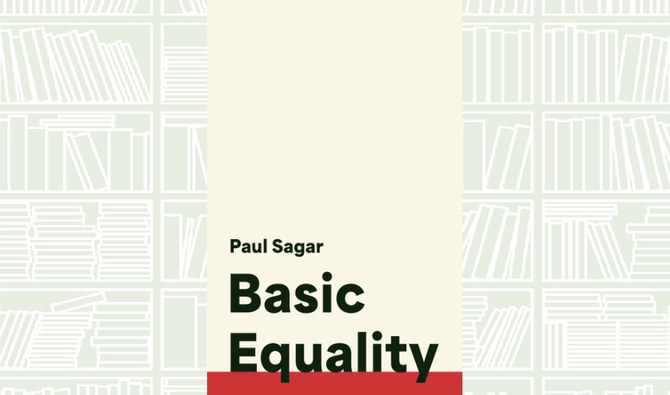
Author: Paul Sagar
What makes human beings one another’s equals? That we are “basic equals” has become a bedrock assumption in Western moral and political philosophy.
And yet establishing why we ought to believe this claim has proved fiendishly difficult, floundering in the face of the many inequalities that characterise the human condition.
In this provocative work, Paul Sagar offers a novel approach to explaining and justifying basic equality. Rather than attempting to find an independent foundation for basic equality, he argues, we should instead come to see our commitment to this idea as the result of the practice of treating others as equals.
Moreover, he continues, it is not enough to grapple with the problem through philosophy alone — by just thinking very hard, in our armchairs; we must draw insights from history and psychology as well.
What We Are Reading Today: ‘Lord of the Flies’
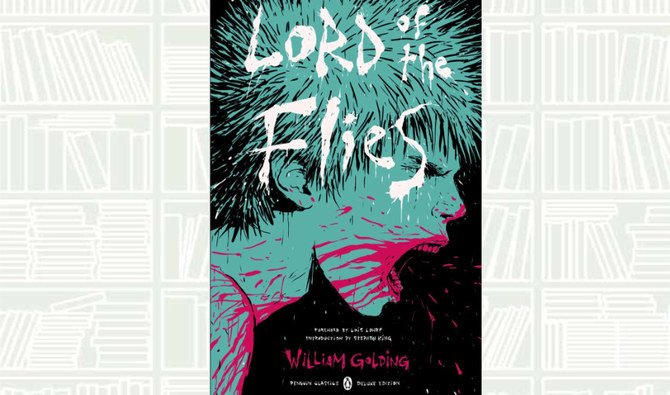
- The novel explores themes of human nature, civilization, power and the inherent darkness within individuals
Author: William Golding
“Lord of the Flies” is a coming of age novel by British novelist William Golding. First published in 1954, the title has since become a classic of modern literature.
It tells the story of a group of British boys who find themselves stranded on an uninhabited island after their plane crashes during a wartime evacuation.
The novel explores themes of human nature, civilization, power and the inherent darkness within individuals. As the boys struggle to survive and establish order on the island, their society gradually descends into chaos and savagery.
The title refers to a severed pig’s head, symbolizing the evil and primitive instincts that take hold of the boys.
The main characters in the novel include Ralph, a charismatic and responsible boy who tries to maintain order and establish a signal fire to attract rescuers; Jack, a power-hungry and savage boy who becomes the leader of a group of hunters; Piggy, an intelligent but socially marginalized boy who serves as Ralph’s adviser; and Simon, a quiet and introspective boy who experiences a deep connection with nature.
As the story progresses, the boys’ civilization erodes, and they succumb to their primal instincts, engaging in violence and tribal warfare.
“Lord of the Flies” explores the destructive potential of unchecked power, the loss of innocence, and the conflict between civilization and savagery.
The novel has always been subject to various interpretations and perspectives by different readers and scholars. Much of it has been analyzed through the lens of allegorical human nature, political and social commentary, and even Freudian psychology.
“Lord of the Flies” has left a lasting impact on literature and popular culture through its exploration of universal themes, and its enduring relevance in contemporary society.
Its portrayal of the human condition and the fragility of civilization continues to resonate with readers, making it a classic that is worthy of being read again.
What We Are Reading Today: ‘Provenance and Possession’ by K. J. P. Lowe
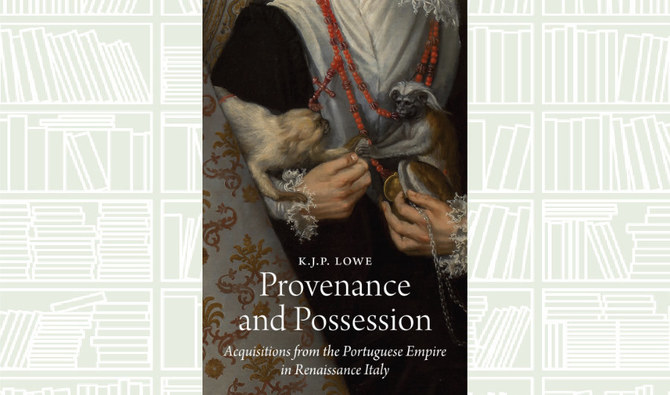
In the 15th and 16th centuries, Renaissance Italy received a bounty of “goods” from Portuguese trading voyages—fruits of empire that included luxury goods, exotic animals and even enslaved people.
Many historians hold that this imperial “opening up” of the world transformed the way Europeans understood the global.
In this book, K.J.P. Lowe challenges such an assumption, showing that Italians of this era cared more about the possession than the provenance of their newly acquired global goods.



